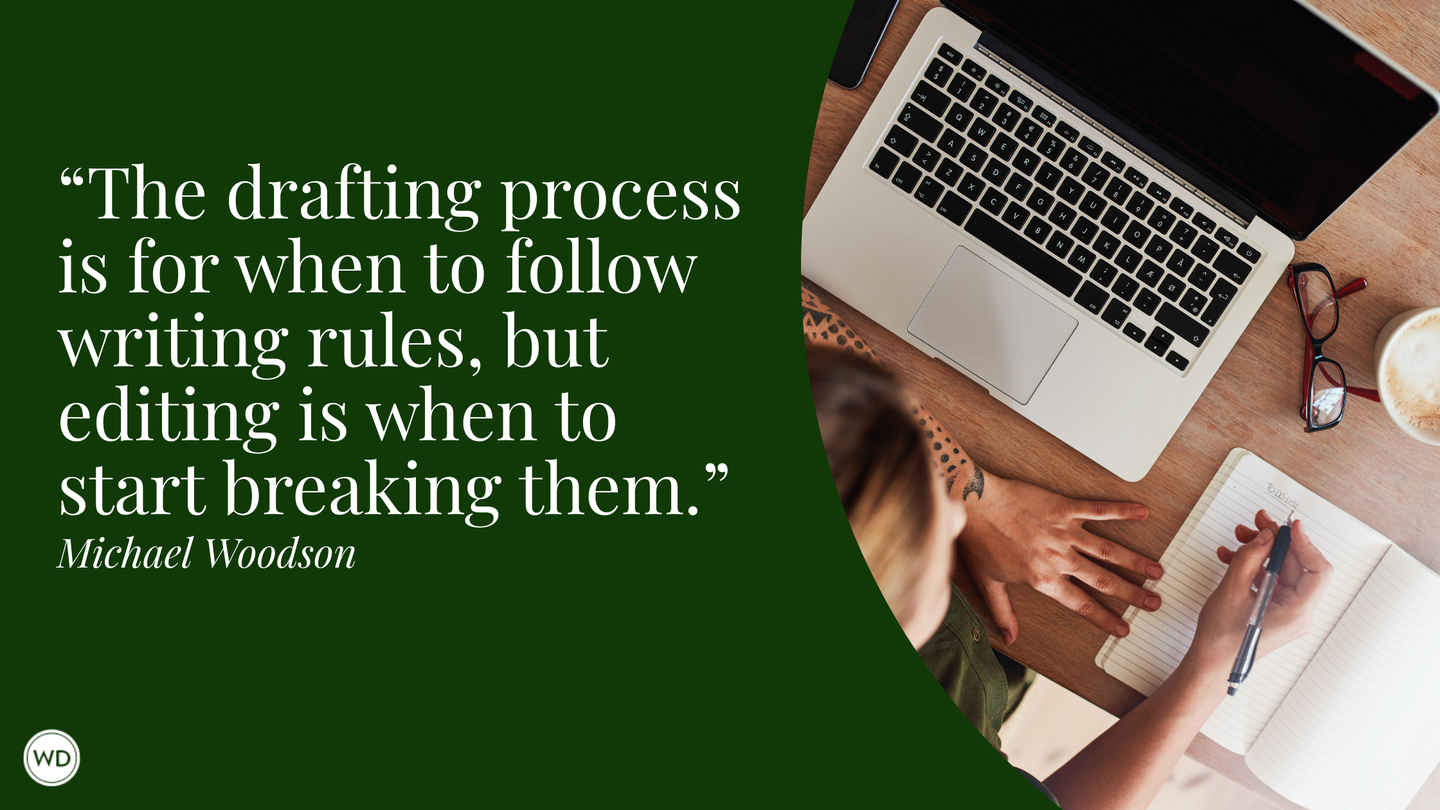Edna Bonhomme: I Was Committed to Embodying the Identity of a Writer
In this interview, author Edna Bonhomme discusses how forced labor, confinement, and austerity play a huge role in the spread of infectious diseases throughout history with her new book, A History of the World in Six Plagues.
Edna Bonhomme is a historian of science and culture writer based in Berlin. She is a contributing writer for Frieze Magazine, and her work has been published in The Atlantic, The Guardian, The London Review of Books, and The Nation, among others. She is co-editor of After Sex, a collection of essays, poems, and short stories illuminating why people need free and universal access to abortion (Silver Press, 2023). Moreover, she’s the author of A History of the World in Six Plagues, a nonfiction book that explores the relationship between captivity and contagion (Simon and Schuster, 2025). Edna has held fellowships from the Max Planck Institute for History of Science, the Ludwig Maximilian Universität, and the Camargo Foundation. Most recently, Edna received the Robert Silvers Foundation Grant for Works in Progress and the Andy Warhol Foundation Arts Writing Grant. She holds a PhD in History of Science from Princeton University. Follow her on X (Twitter) and Instagram.
In this interview, Edna discusses how forced labor, confinement, and austerity play a huge role in the spread of infectious diseases throughout history with her new book, A History of the World in Six Plagues, her advice for other writers, and more.
Name: Edna Bonhomme
Literary agent: Janklow & Nesbit,
Book title: A History of the World in Six Plagues
Publisher: One Signal/Simon & Schuster
Release date: March 11, 2025
Genre/category: History of Science; Literary Criticism; Epidemics
Previous titles: After Sex
Elevator pitch: Starting from the 19th century, this book is about how people worldwide cope with epidemics even when they feel captive.
What prompted you to write this book?
I wanted to understand the history of modern epidemics and how societies have fueled their spread through forced labor, confinement, and austerity. The book is a set of case studies that, to an extent, reveal punitive mechanisms that produce “repressive” effects and individual and collective forms of struggle to resist captivity. This book is both critical and philosophical. I try to consider the conditions of possibility for epidemics and how illness is made—not just at the physiological level but how it is socialized and experienced in the body. At the same time, I also want to highlight how the threat of infectious diseases and the efforts to overcome that threat have played and will continue to play an essential role in shaping the modern world.
How long did it take to go from idea to publication? And did the idea change during the process?
I began writing this book in 2020, during the initial stages of the COVID-19 lockdown Early on during the pandemic, language was significant in how people tried to understand outbreaks, whether or not people knew the meaning of terminology. Herd immunity, inoculation, and vaccination all became part of our vocabulary, which, on the one hand, was exciting, but, on the other hand, coincided with scientific skepticism. Part of my project as a writer is not merely to document what is happening but to go deeper into the discourse that took place. To an extent, I consider how Michel Foucault urges scholars to focus on the spatialization and verbalization of pathology. As such, confinement became the modality that I began to write about because it felt so alive and present in our lives. As I continued thinking and writing about what we went through, literary luminaries, philosophers, the incarcerated, and the formerly enslaved could also offer insight into the history of epidemics.
Were there any surprises or learning moments in the publishing process for this title?
There is a healthy body of historical and journalistic texts that discuss epidemics and disease, and within a year of the COVID-19 pandemic, several manuscripts were published. Many of them interview essential workers, medical professionals, and activists. While writing the book, I knew that I didn’t want the text to be strictly a COVID-19 book or a historical text. I tried to oscillate between the past and present, to engage people with childhood memories, the meaning behind statues, and satire. For me, publishing was more than a descriptive process but a creative one, where I wanted to provide more context than the initial headlines.
Were there any surprises in the writing process for this book?
For me, the writing process involved reading extensively and digging into the archives to connect with the evolution of disease fully. Although my book focuses on epidemics from the 19th century until now, reacquainting myself with ancient diseases was helpful. For example, I was fascinated by the fact that there are diseases that have not circulated in the world for millions of years, and in some cases since before humans were around to encounter them, illnesses that evolve. At the same time, science has afforded us with the tools for some infectious diseases to decline, which shows the brilliance that is possible with human innovation. That is to say, vaccines and antibiotics drove half of the declines in death rates in developing countries through the late 1970s. At the same time, diseases such as cholera have re-emerged in disaster zones such as Yemen and Haiti. And this is primarily due to broader sociopolitical conflict. My book goes to show how social segregation, war, and confinement can be harmful to one’s health. As such, I had to figure out how to write for a broad audience and connect my readers to institutions and people they were familiar with.
What do you hope readers will get out of your book?
I want writers to be curious about disease, illness, and medicine. At the same time, I want people to consider how the lack of investment in primary, preventative, and chronic health care in lower-income nations has exposed many of their citizens to emerging infectious diseases. To be more humane, we must be imaginative about organizing our societies and think deeply about redistributing resources on a global scale.
If you could share one piece of advice with other writers, what would it be?
Deborah Levy wrote in Things I Don’t Want to Know: “It’s exhausting to learn how to become a subject; it’s hard enough learning how to become a writer.” Throughout the process of writing this book, I was committed to embodying the identity of a writer as if it were foreign and external to myself. However, as I came to read and reread archival material and fiction, I found that I could be a writer, fully and without apology.
Robert Lee Brewer is Senior Editor of Writer's Digest, which includes managing the content on WritersDigest.com and programming virtual conferences. He's the author of 40 Plot Twist Prompts for Writers: Writing Ideas for Bending Stories in New Directions, The Complete Guide of Poetic Forms: 100+ Poetic Form Definitions and Examples for Poets, Poem-a-Day: 365 Poetry Writing Prompts for a Year of Poeming, and more. Also, he's the editor of Writer's Market, Poet's Market, and Guide to Literary Agents. Follow him on Twitter @robertleebrewer.








